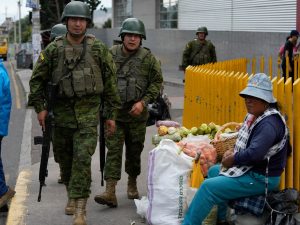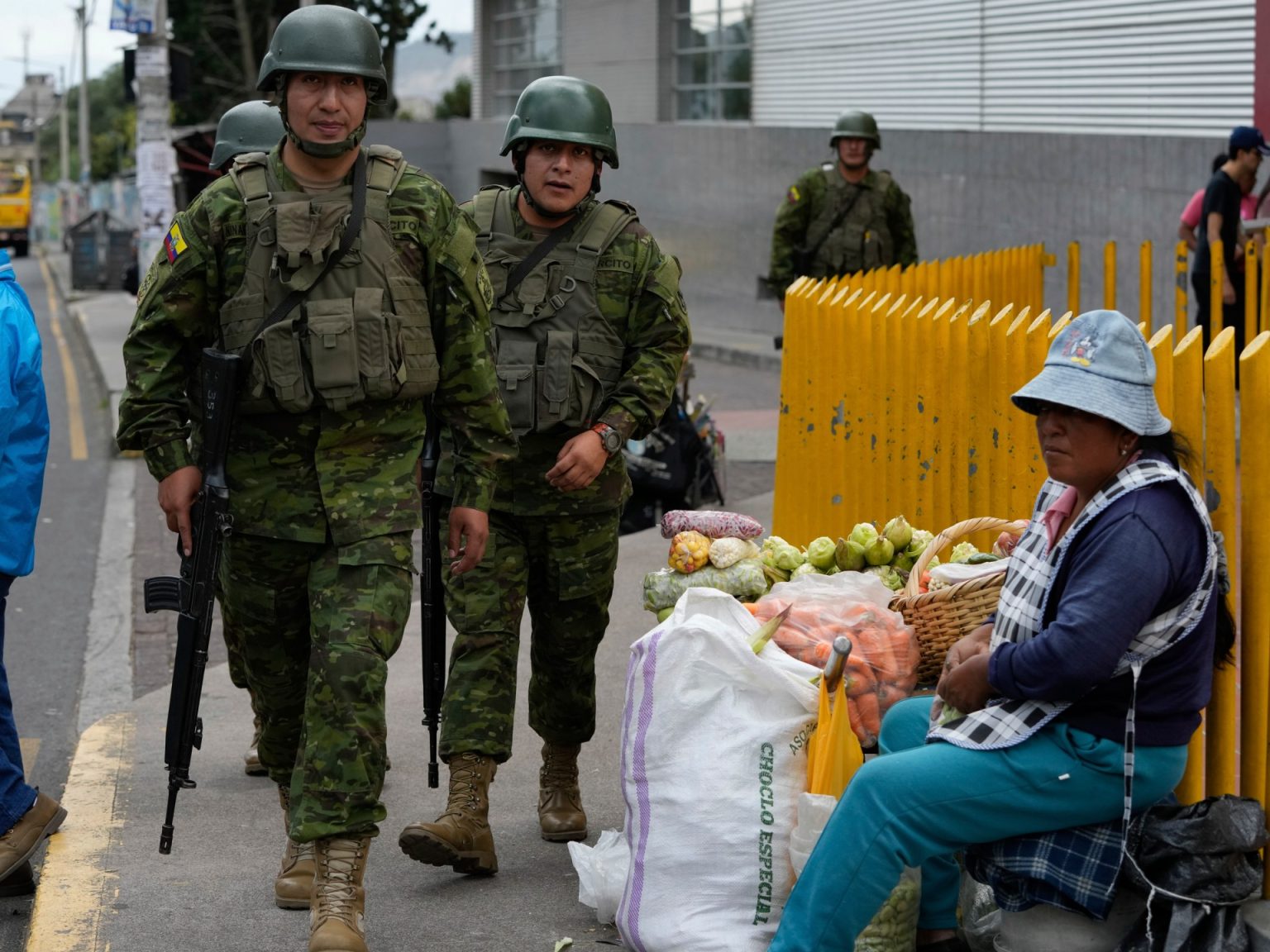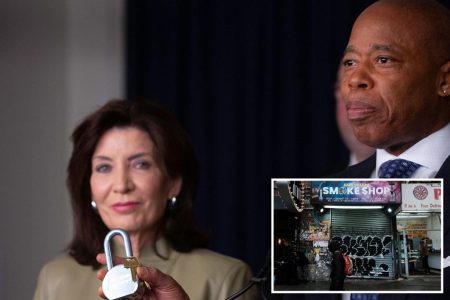Ecuadorian President Daniel Noboa is leading an 11-part referendum aimed at addressing the country’s rising crime rates and gang violence. The proposals include militarizing the police, tougher punishments for crimes, and reforming the judiciary system. Noboa is urging voters to support all 11 measures to streamline the economy and combat gang violence. However, critics are concerned about the potential consequences for human rights, the economy, and stability in Ecuador.
The Confederation of Indigenous Nationalities of Ecuador (CONAIE) is the only major political group opposing all 11 ballot measures. They accuse the government of using the referendum to further Noboa’s political ambitions. Despite this opposition, the referendum has broad public support, with 42.7 percent of voters planning to back Noboa’s proposals. However, some voters are still undecided.
Supporters of the referendum, like Maria from Guayaquil, are in favor of measures to tighten security in the country. She has personally experienced threats from criminal groups but feels safer due to the state of emergency imposed by Noboa. The referendum aims to address the ongoing violence in Ecuador, which has been a significant issue since 2018.
Noboa’s government argues that the referendum is necessary to establish permanent mechanisms to address the country’s security challenges. The recent state of emergency granted additional powers to combat gangs, leading to a reduction in violent deaths. However, some experts believe more structural reforms are needed to effectively address the violence in Ecuador.
Critics question the efficacy of the referendum, suggesting it may not effectively address the root causes of crime in Ecuador. Some believe that the referendum primarily serves to bolster Noboa’s public image and political ambitions. The referendum could impact the upcoming general election and impact the country’s security situation.
One controversial ballot measure in the referendum proposes implementing international arbitration to resolve disputes between the state and foreign investors. While some see this as a way to attract foreign investment and boost the economy, others are concerned about potential risks, including limiting national sovereignty and high costs for taxpayers. The outcome of the referendum will have significant implications for Ecuador’s future.















